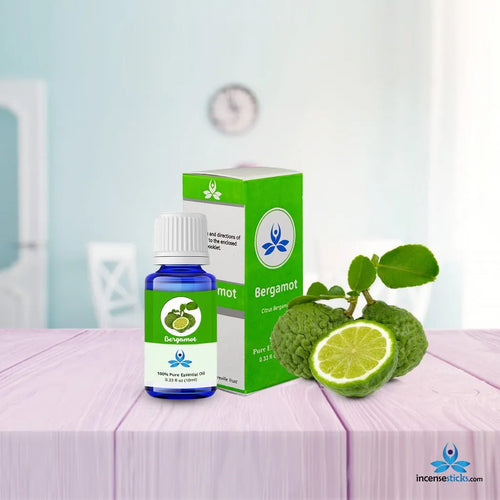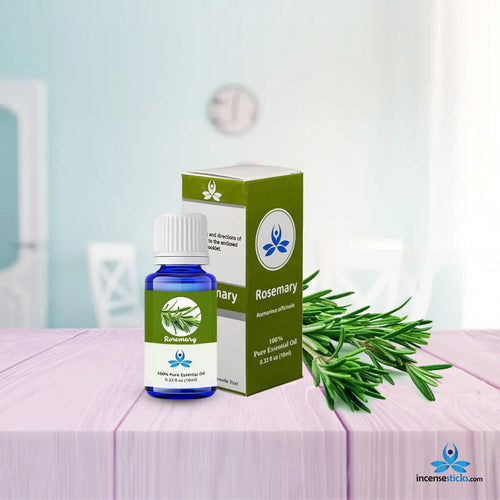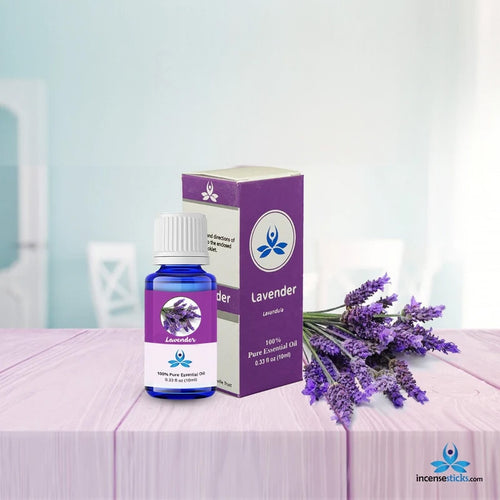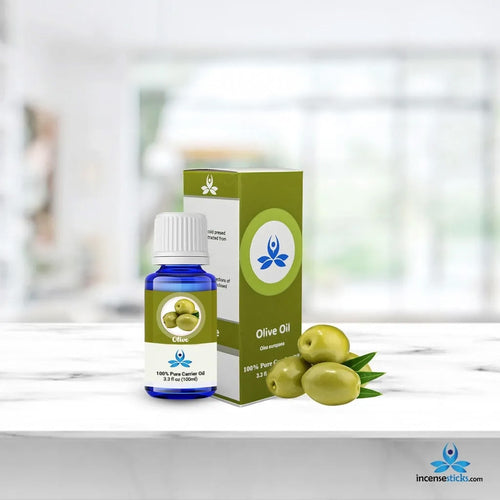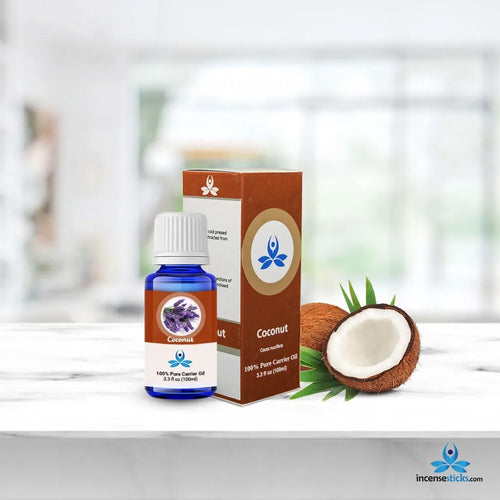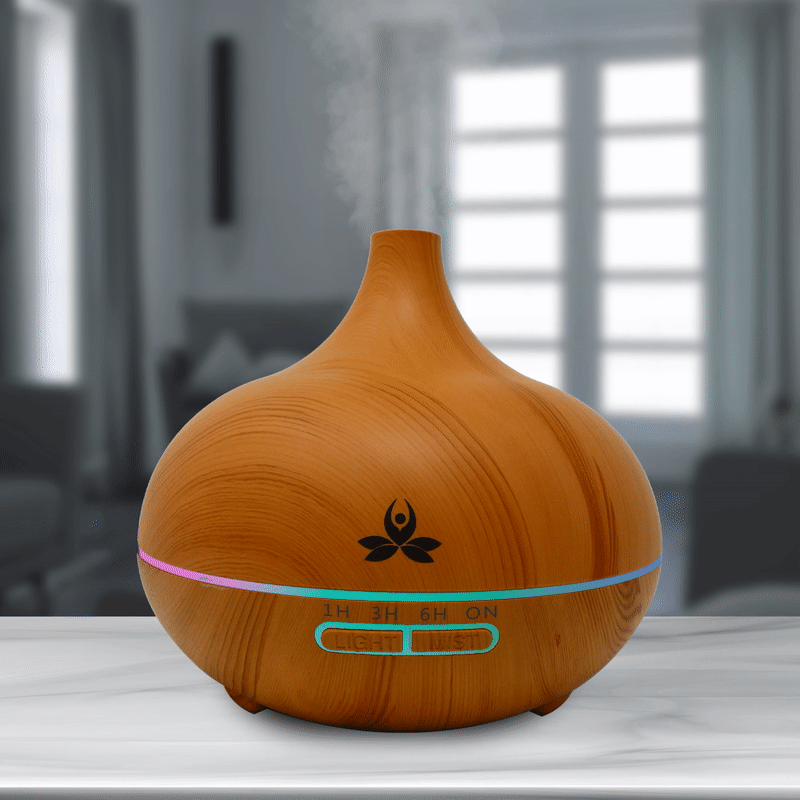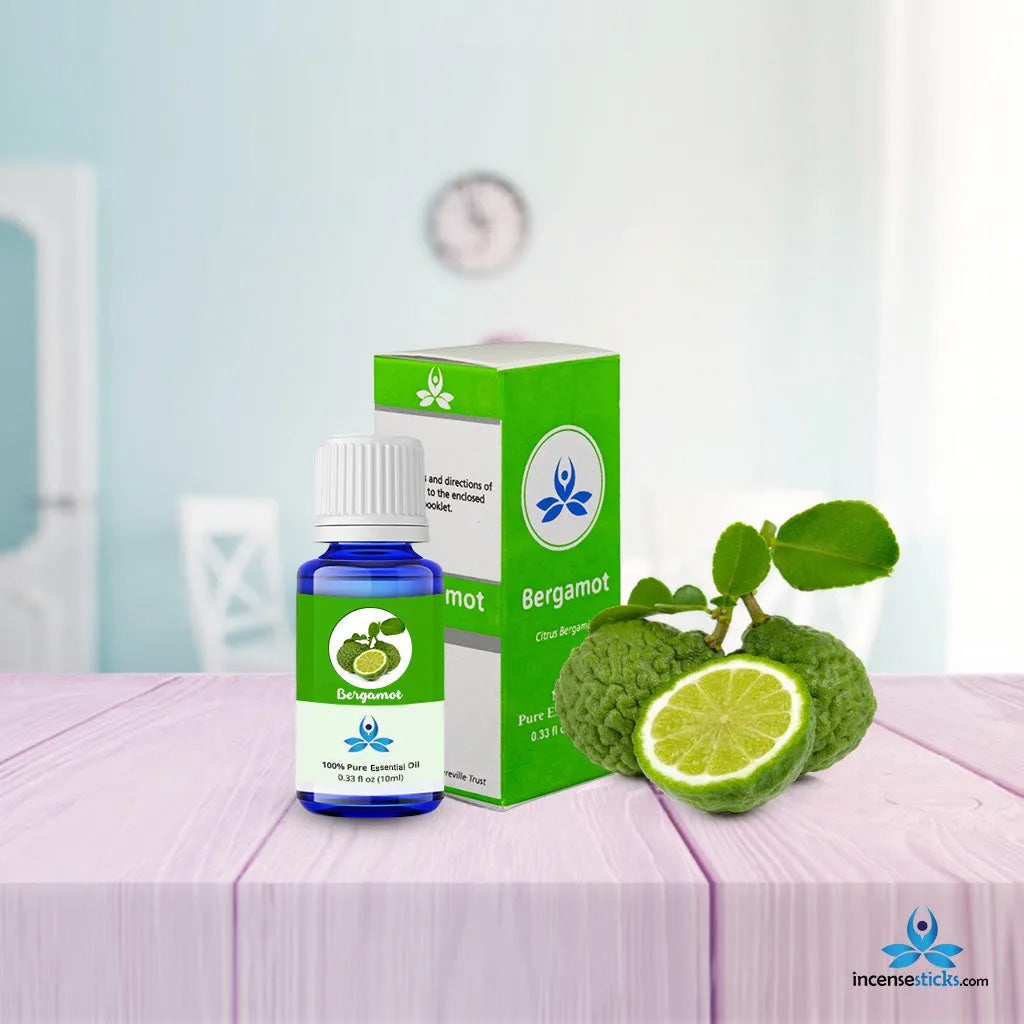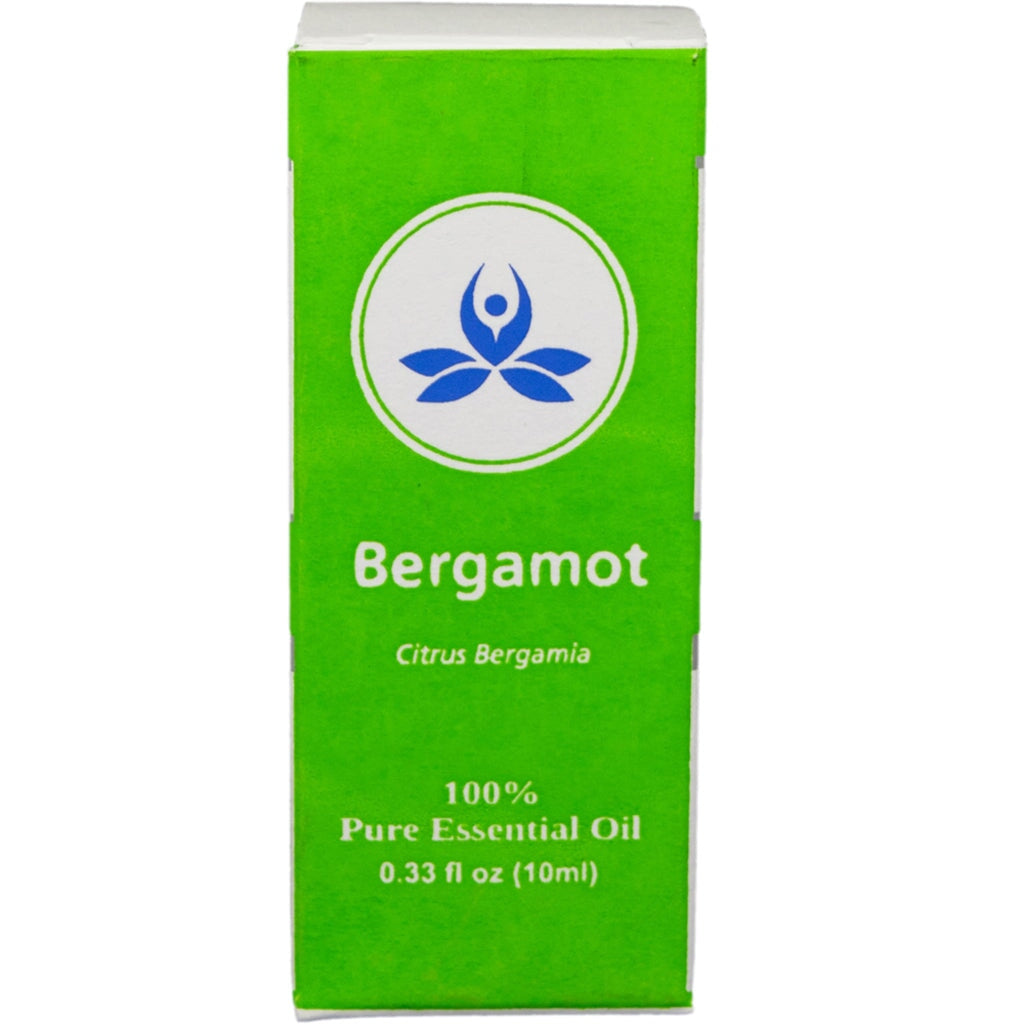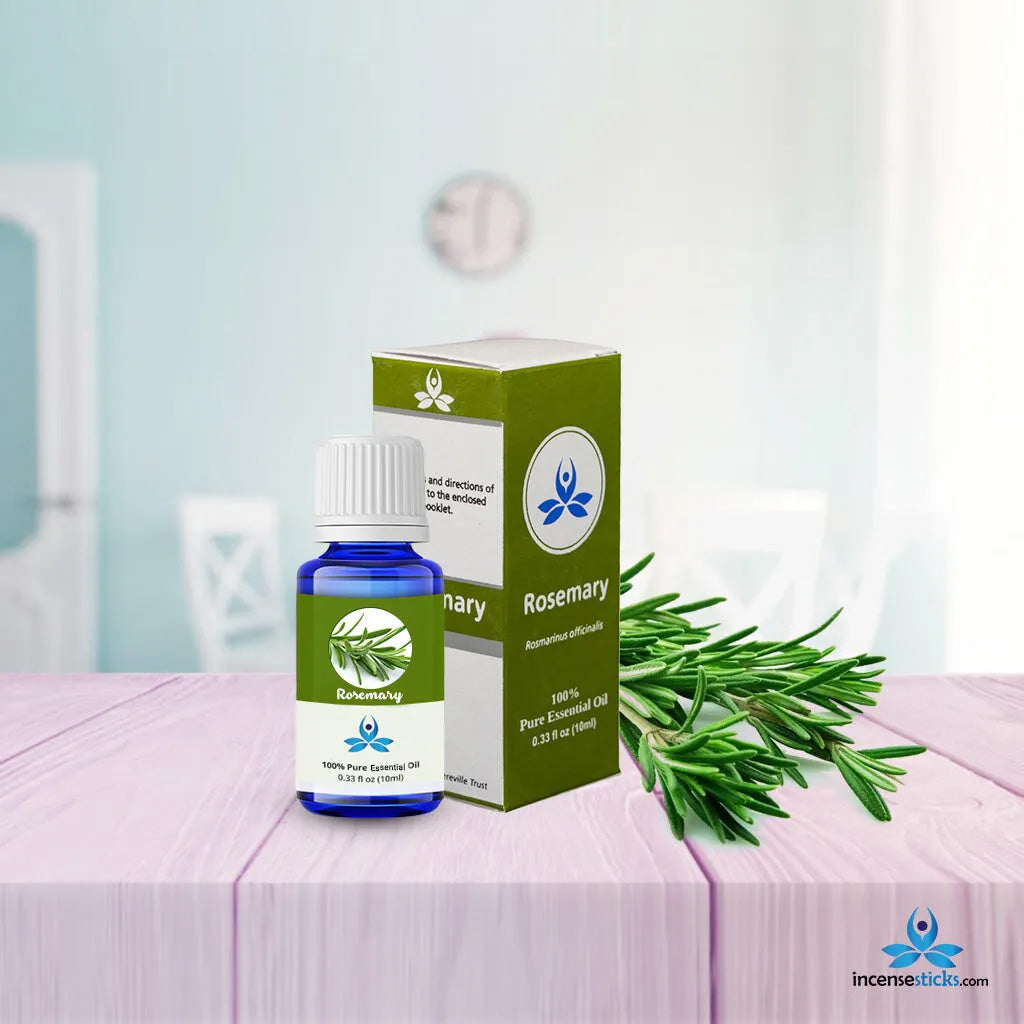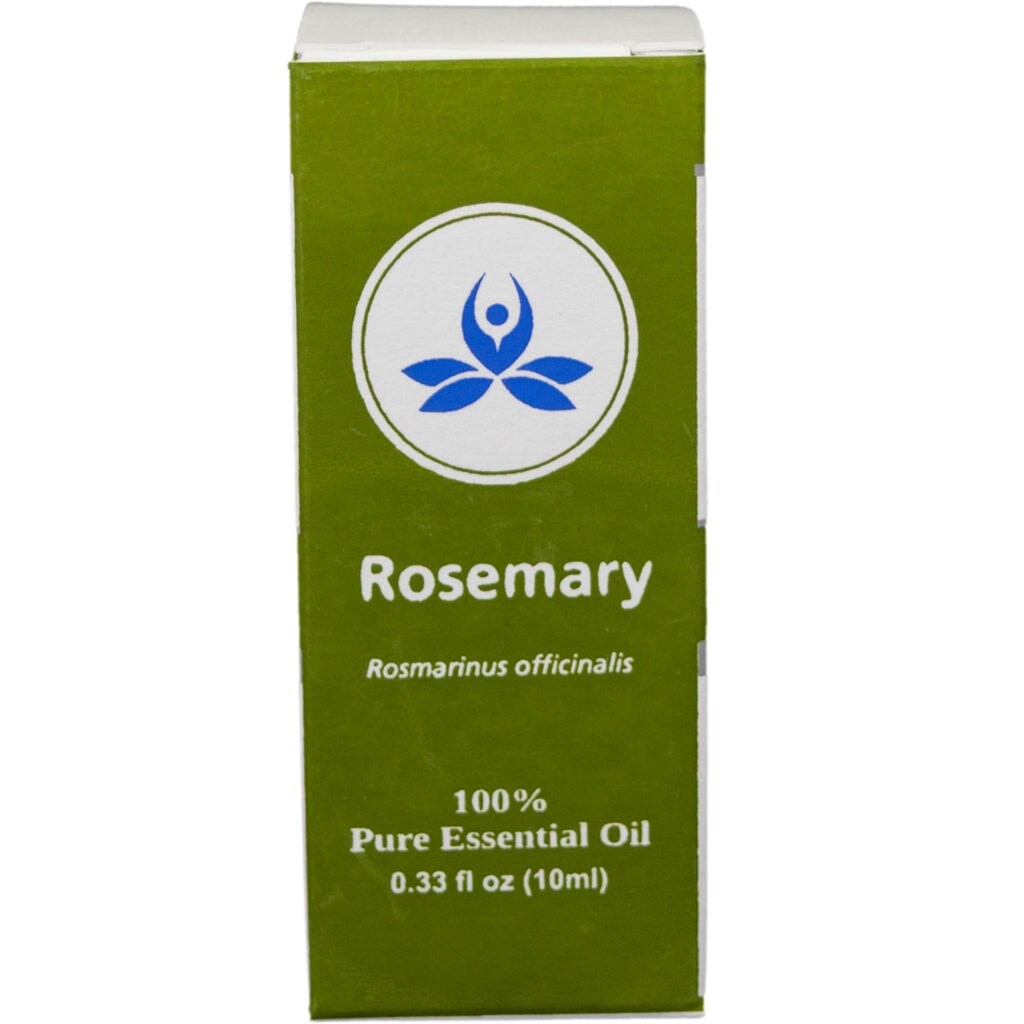Guide to Thyme Essential Oil
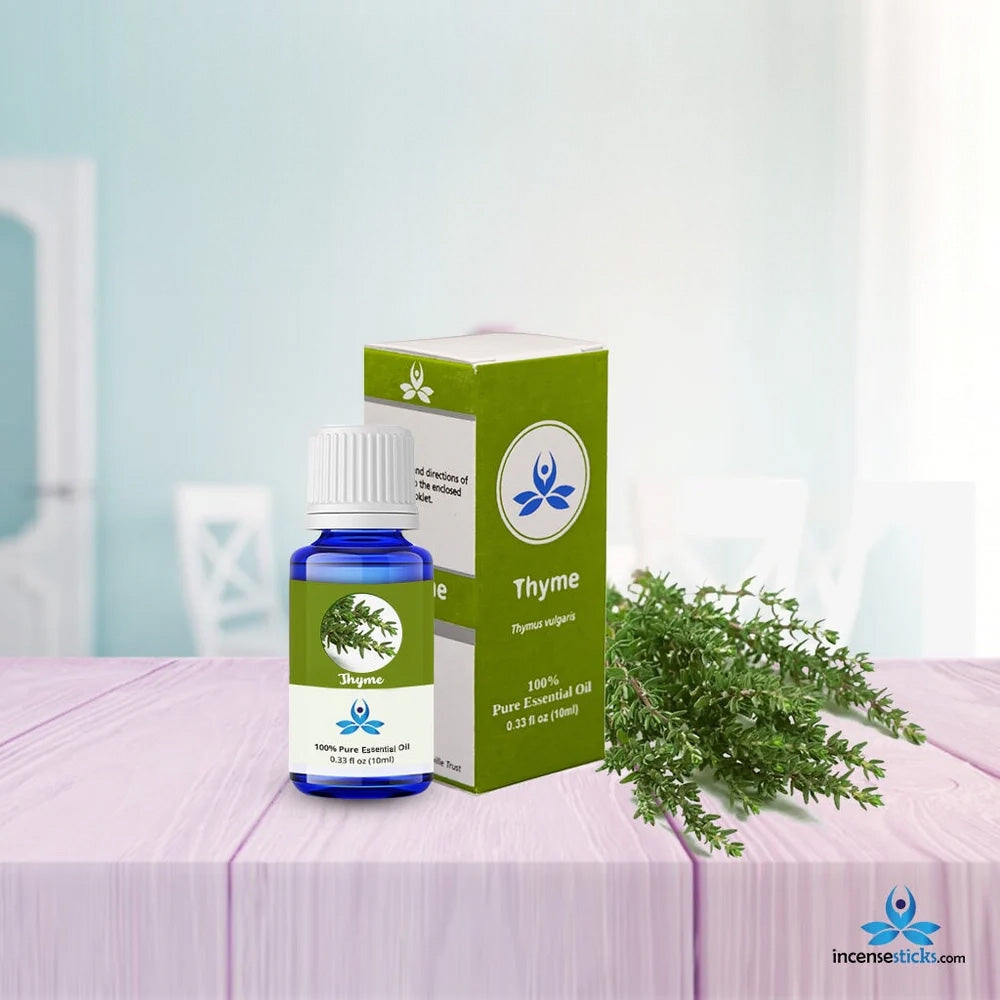

Thyme is a traditional herb from the mint family with innumerable benefits. Ancient Greeks and Romans burned this herb in holy places for its invigorating aroma and purification abilities.
Scientific Name / Botanical name: Thymus vulgaris
Extraction Method: Steam distillation
Odor strength: Medium to Strong
Aroma: Spicy and Herbal
Plant part: Leaves
Benefits





Ways to use
Disinfectant and insect repellent
Thyme oil has antimicrobial and insecticidal properties which makes it a good surface cleaner and insect repellent.

Combine one cup vinegar and one cup water in a spray bottle



Hair care
Thyme oil can be added to shampoos, conditioners or hair masks to control dandruff, eliminate lice and soothe scalp.

Add a drop of thyme oil to a tablespoon of shampoo


Herbal steam
This steam inhalation is soothing for those with cold, cough and congestion

Fill a pot with water




Recommended Essential Oil Blends:
Recommended Carrier oils:
Safety
- Avoid use of Thyme essential oil around pets
- Avoid contact with eyes, nose, and sensitive areas.
- Never apply essential oils to the skin or scalp directly. It is highly recommended to dilute the oil using a carrier oil to avoid skin irritation.
- Do a patch test before topical use to make sure there are no allergic reactions to any essential oil.
- If you are pregnant, nursing or taking medication; consult a physician before use.
- Keep away from pets


